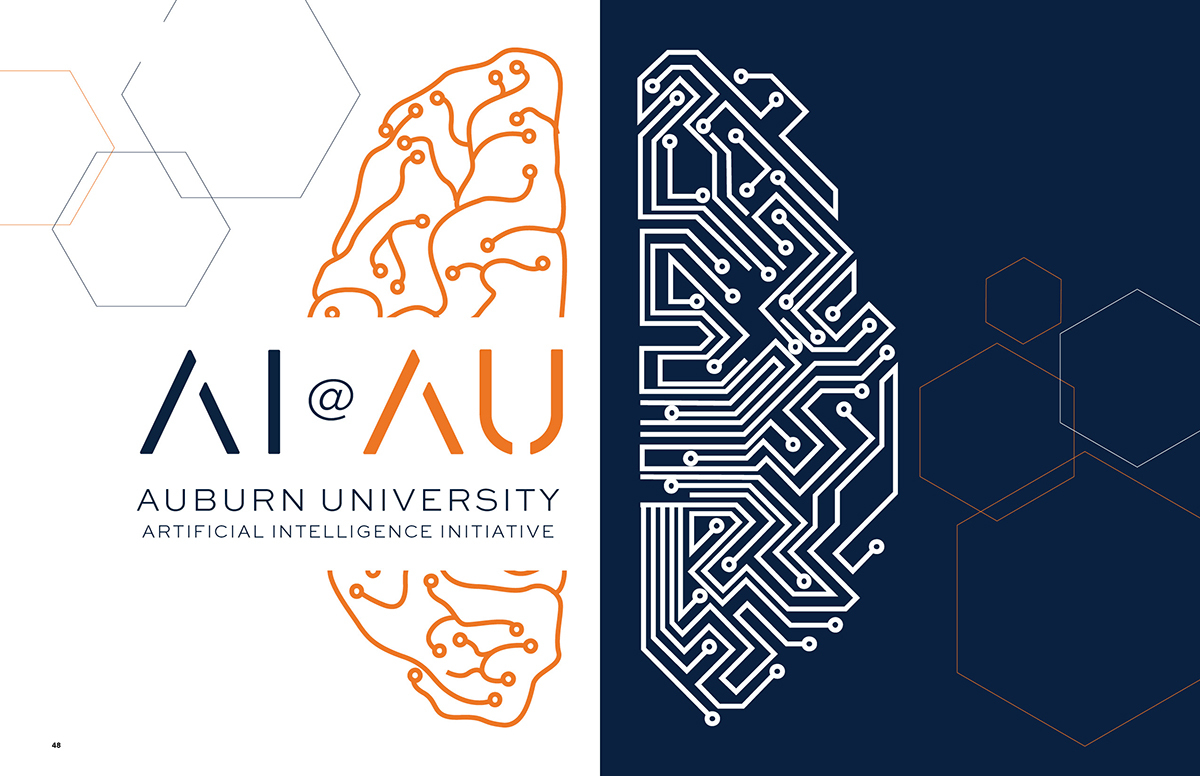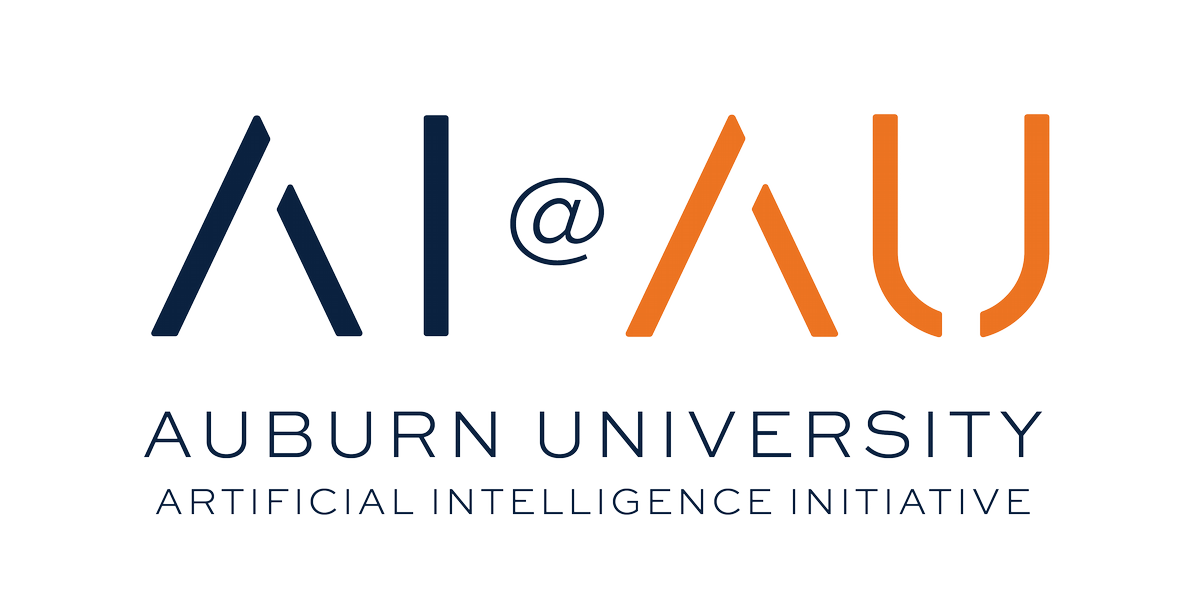About
The AI@AU Initiative is a pioneering endeavor that aims to establish a comprehensive university-wide computational infrastructure dedicated to cutting-edge AI research and education. Our mission also encompasses bolstering the faculty's AI research capabilities, fostering cross-disciplinary collaborations, and spearheading innovative educational approaches in the realm of Artificial Intelligence. Join us on this transformative journey towards advancing the frontiers of AI knowledge and its practical applications.
AI@AU Objectives
- Bring together faculty interested in AI from across the university to build a scientific community.
- Lead in initiating and coordinating AI-related research and education activities across the university.
- Create a computational infrastructure to support AI-related education and research at the university.
- Explore educational innovations in AI at undergraduate and graduate levels.
- Build and nurture university-wide awareness of and enthusiasm for AI through activities such as seminars, workshops, film festivals, etc.
- Encourage the recruiting of AI-related faculty in all colleges.

SPOTLIGHT

Auburn University leading SEC consortium to advance innovation in AI teaching, and learning
A new Auburn University-designed course to assist faculty in implementing artificial intelligence (AI) into the classroom has been adopted by the Southeastern Conference (SEC) for use at its 14 institutions
Why does AI Matter?
Discover the significance of AI with its far-reaching impact and transformative potential, with insights from the leaders of the AI@AU Initiative Dr. Hari Narayanan and Dr. Gerry Dozier





